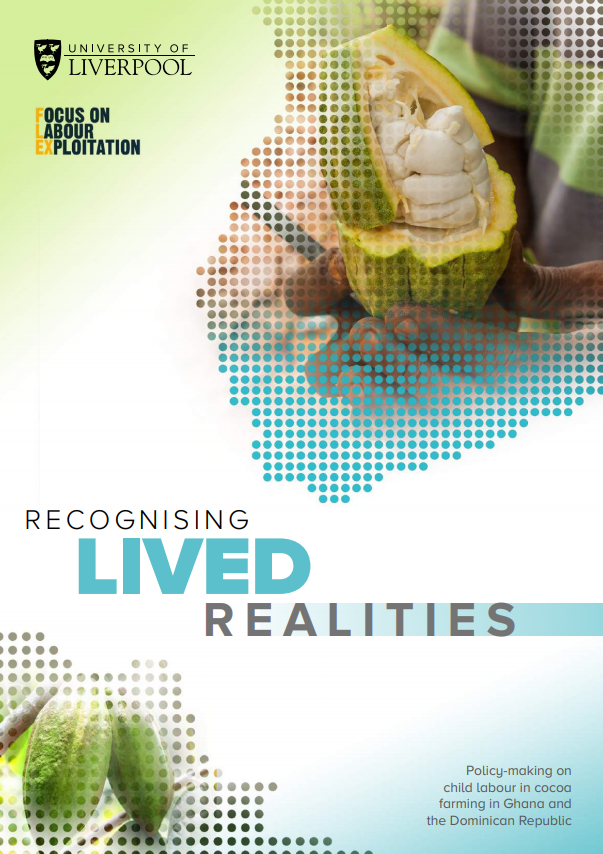Corporate Compliance with the California Transparency in Supply Chains Act: Anti-Slavery Performance in 2016
PublicationsIn 2016, a new study, funded by iPoint, was conducted in conjunction with Development International. 1,961 brands were evaluated against their disclosure compliance based on the law’s Risk Verification, Audit, Certification, Internal accountability...Read More

